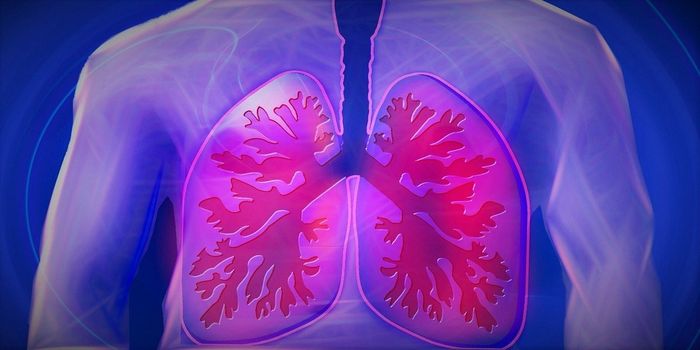Telomeres cap our chromosomes; they have a protective effect. Every time a cell divides, the telomeres shorten a bit, so it's natural that telomeres tend to shorten as we age. They have been linked to various diseases, including some cancers. Sharon Savage, MD, featured in this video from the National Institutes of Health Intramural Research Program, has been studying how telomere biology is linked to cancer risk. In this video, you can get a look at how clinical studies are conducted at the NIH.
Dr. Savage also talks a bit about how defects in telomeres have been connected to a disease that confers a predisposition to cancer, dyskeratosis congenita (DC). A patient is also featured as part of the video, so beyond the scientific information, there is a perspective on the disease from a person actually experiencing the symptoms it can cause. In the case of this disease, the severity and symptoms vary widely. Other patients as well as unaffected relatives are often included in these studies in order to get a better handle on what is going wrong, and what goes right, in the cellular processes under research.








